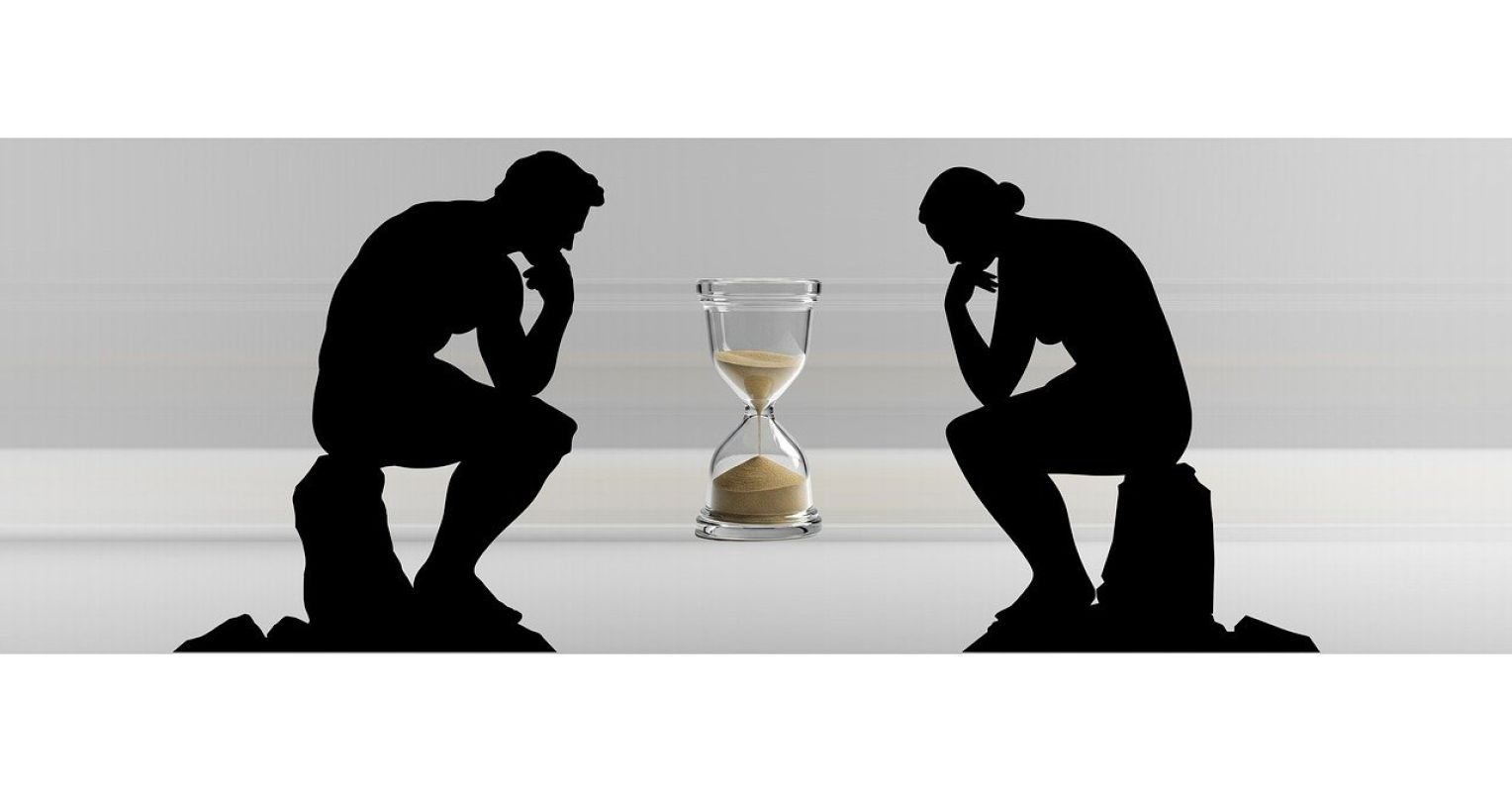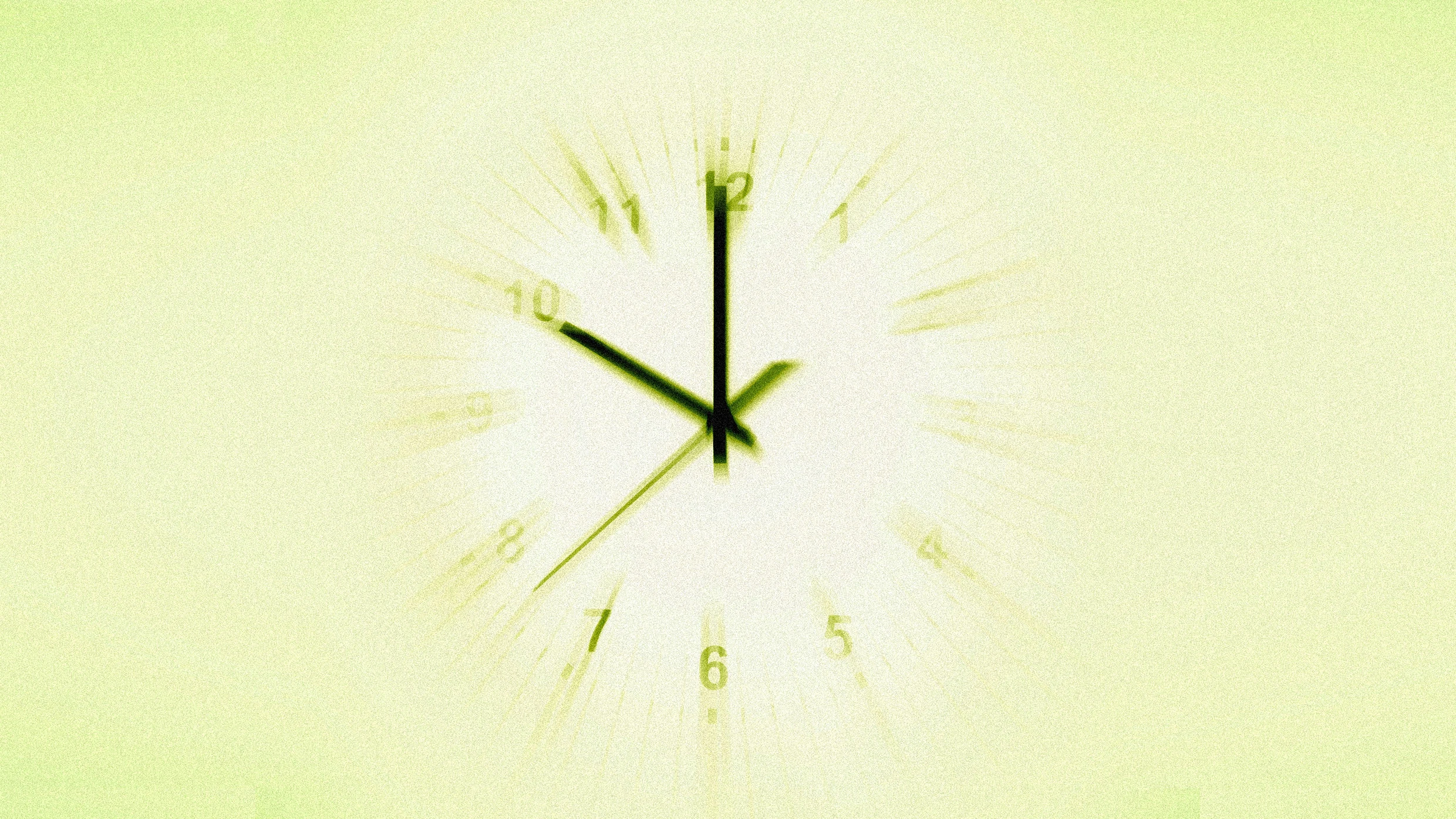#behavioral-psychology
#behavioral-psychology
[ follow ]
Mindfulness
fromSilicon Canals
6 days agoPsychology says people who eat the crust first display these 6 traits about delayed gratification that predict financial success - Silicon Canals
Crust-first eating reflects a tendency toward delayed gratification linked to traits associated with financial stability and long-term decision-making.
Psychology
fromSilicon Canals
1 week agoPsychology says people who back into parking spots think they're being efficient but are actually displaying these 6 personality traits - Silicon Canals
People who reverse park often exhibit strong control orientation, meticulous planning, and forethought, reflecting personality traits linked to precision-focused strengths and avoidance of uncertainty.
fromSilicon Canals
1 week ago9 things people who always have a clean house do every single night before bed - Silicon Canals
It's about what happens in those crucial minutes before bed. The psychology behind this makes sense. As behavioral scientists have found, our environment significantly impacts our stress levels and mental clarity. A cluttered space often leads to a cluttered mind. Those who maintain consistently clean homes have figured out that small, nightly rituals prevent the overwhelming buildup that sends the rest of us into cleaning frenzies.
Mindfulness
fromPsychology Today
1 month agoWhy You Can't Stop Overspending at Christmas
What interests me is not the spending itself but the consistent failure of rational intention. These are people who make complex decisions, manage budgets, and exercise considerable self-control in their professional lives. But something about the holidays systematically overwhelms their better judgment. The usual explanations, weak willpower or manipulative advertising, miss what's actually happening in the psyche. The answer lies in an alliance that Plato identified 24 centuries ago, one that modern psychology has largely overlooked.
Philosophy
fromUX Magazine
3 months agoThe Psychology of Hot Streak Game Design: How to Keep Players Coming Back Every Day Without Shame
In 2023, Duolingo generated over $500 million in revenue with a deceptively simple feature at its core: a streak counter. This wasn't just any counter - it was the result of over 600 experiments conducted across four years, each one peeling back layers of human psychology to understand what truly motivates daily engagement. The numbers tell a compelling story: users who reach just a 7-day streak are 3.6 times more likely to complete their language course,
Growth hacking
Relationships
fromElite Traveler
4 months agoSelective Search Finds the Right Companion for Those With It All
Selective Search provides a concierge-caliber, six-step matchmaking process combining executive search, behavioral psychology, and personalized screening to achieve high success rates for elite clients.
Digital life
fromTheSavvyGamer
5 months ago10 Ways Tech Companies Get You Hooked & 10 Strategies For Curbing Your Addiction - TheSavvyGamer
Tech companies use notifications, algorithms, endless feeds, gamification, FOMO, and variable rewards to capture attention and create habitual, dopamine-driven engagement.
[ Load more ]




